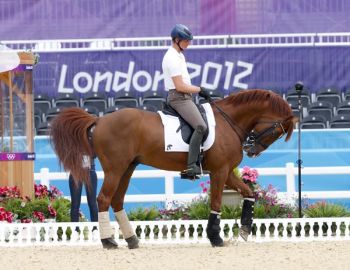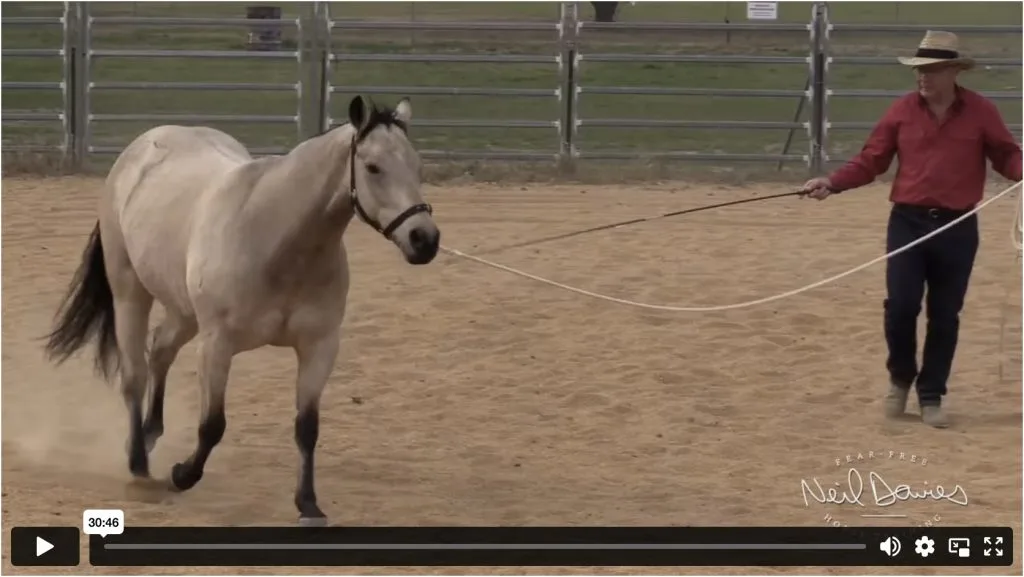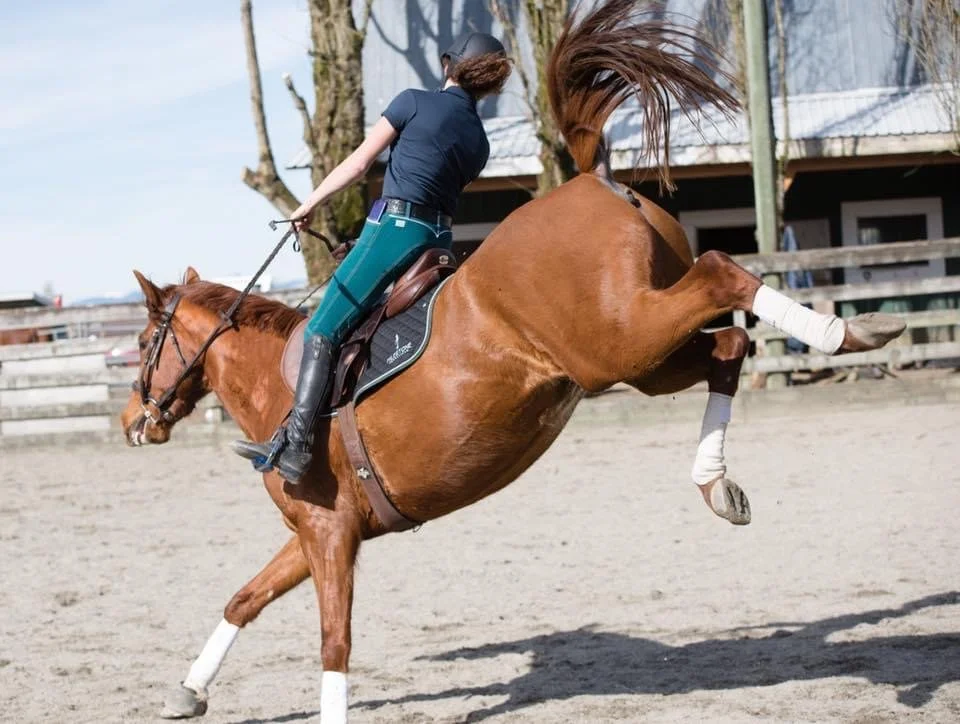Modern Innovators in Horse Training

Horse training has evolved significantly over the years, with modern innovators introducing new techniques and philosophies that prioritize the well-being and natural behavior of horses. This article explores some of the leading figures and methods shaping contemporary horse training.
Key Innovators and Their Contributions

| Innovator | Contribution | Notable Techniques or Concepts |
|---|---|---|
| Monty Roberts | “Join-Up” method | Non-violent communication, natural horsemanship |
| Pat Parelli | Parelli Natural Horsemanship | Seven games, partnership-based training |
| Klaus Ferdinand Hempfling | Understanding horse psychology and body language | Leadership through calmness and respect |
| Linda Tellington-Jones | Tellington TTouch method | Gentle touch therapy, improving horse behavior and performance |
Modern Training Techniques
- Natural Horsemanship: Focuses on working with the horse’s instincts and psychology rather than using force.
- Positive Reinforcement: Uses rewards to encourage desired behaviors, enhancing trust and cooperation.
- Clicker Training: Employs a clicker as a marker to signal correct behavior, paired with treats.
- Tellington TTouch: A method involving specific touches and movements to reduce stress and improve physical and mental health.
Benefits of Modern Training Approaches
- Builds stronger horse-human relationships based on trust.
- Reduces stress and fear in horses.
- Encourages voluntary cooperation rather than forced compliance.
- Enhances the horse’s physical and mental well-being.
Frequently Asked Questions (FAQ)
Q1: What is natural horsemanship?
A1: Natural horsemanship is a philosophy of horse training that emphasizes understanding and working with the horse’s natural instincts and behaviors to create a cooperative partnership.
Q2: How does clicker training work?
A2: Clicker training uses a small device that makes a clicking sound to mark the exact moment a horse performs a desired behavior, followed by a reward, helping the horse learn quickly.
Q3: Are these modern methods suitable for all horses?
A3: Generally, yes. These methods are adaptable and can be tailored to suit horses of different breeds, ages, and temperaments.
Q4: Can modern training methods replace traditional training?
A4: Modern methods often complement traditional techniques, offering more humane and effective alternatives, but the best approach depends on the individual horse and trainer.
By embracing these innovative approaches, trainers can foster healthier, happier horses and more rewarding partnerships. Whether you’re a seasoned equestrian or new to horse training, understanding these modern methods can transform your experience.
